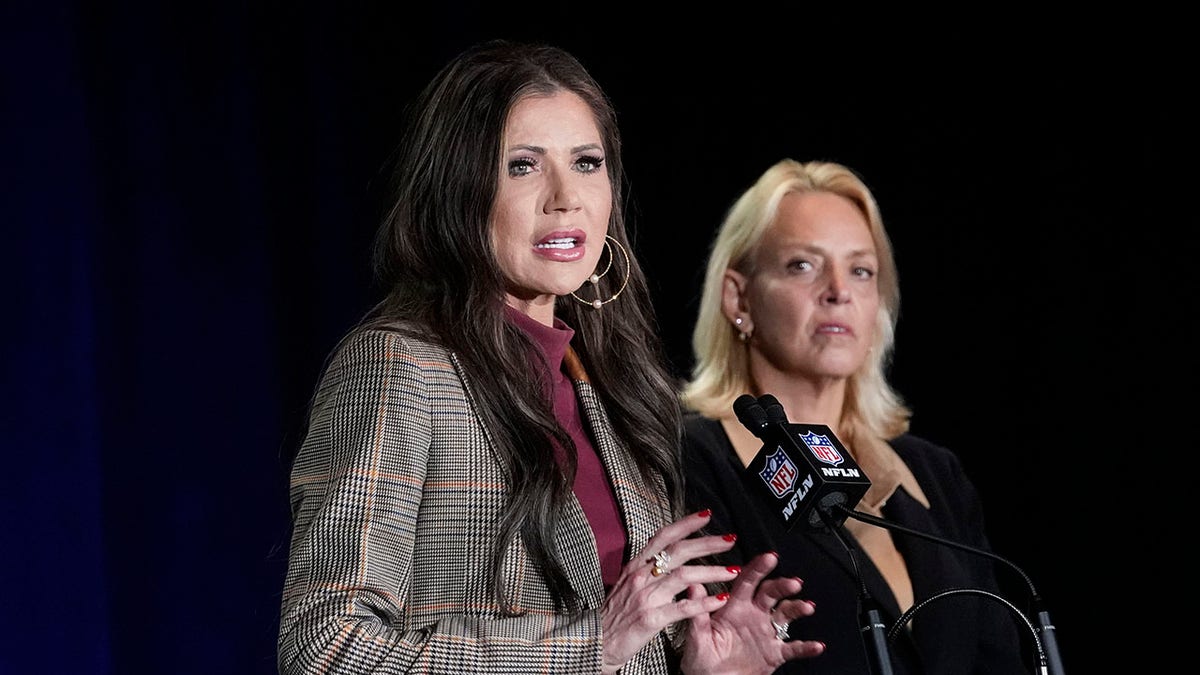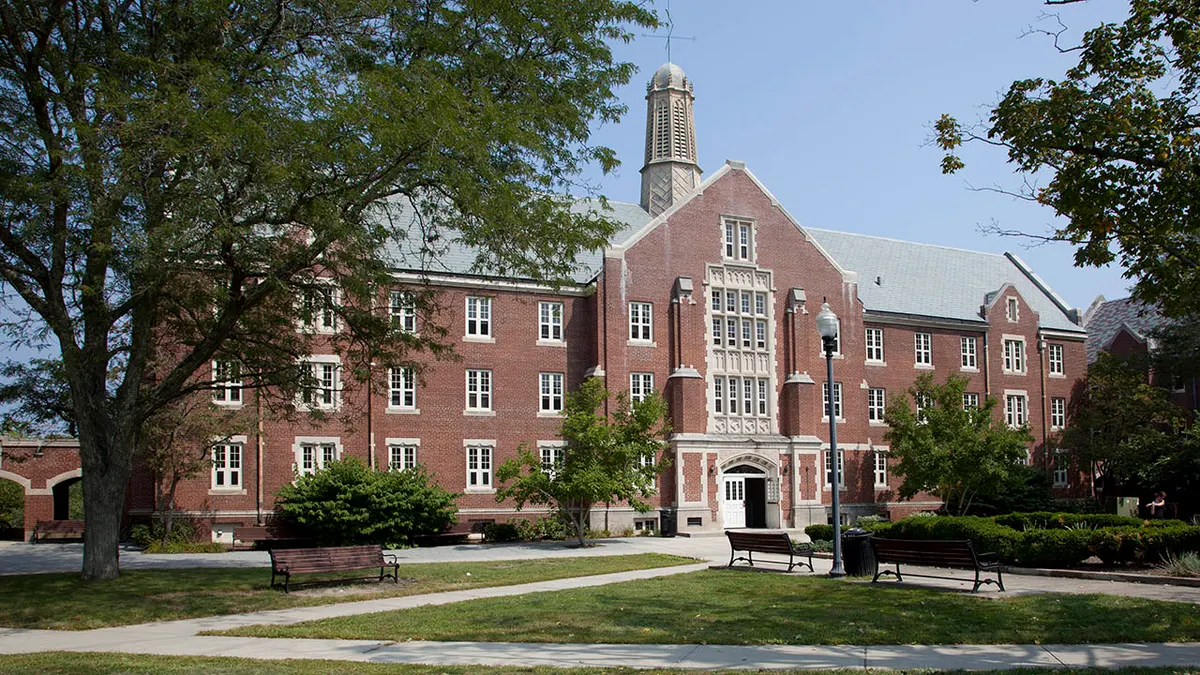In a significant Supreme Court ruling against affirmative action, Justice Clarence Thomas strongly criticized race-based admissions policies, arguing they violate the principle of a colorblind Constitution. He directly addressed Justice Ketanji Brown Jackson's dissenting opinion, challenging her perspective on race and equality.
Justice Thomas, the second Black justice on the Supreme Court, supported the 6-3 majority decision, which deemed university admissions policies using race as "rudderless, race-based preferences" aiming for a specific racial composition in student bodies. He contested Justice Jackson's viewpoint, asserting that individuals should be evaluated based on their unique experiences and accomplishments, not their race.
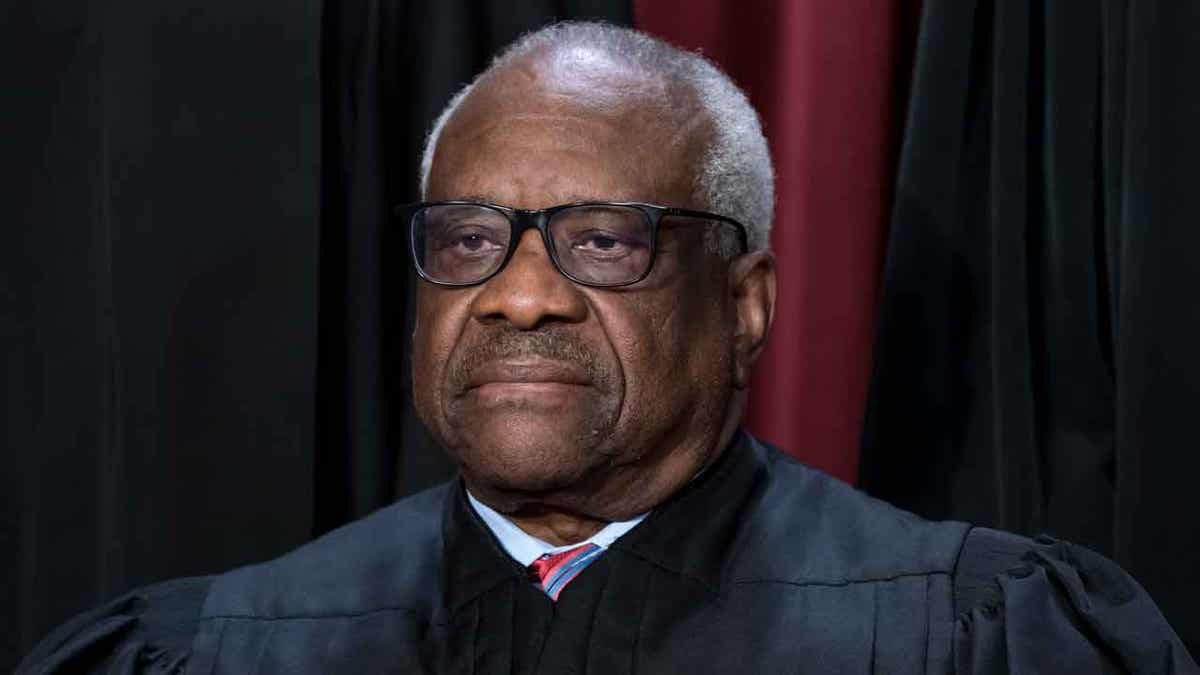
Justice Thomas wrote a concurring opinion advocating for a Constitution that disregards race and prohibits all forms of race-based discrimination, including affirmative action. He criticized Justice Jackson's dissent, which labeled the ruling a "tragedy" and employed "ostrich-like" logic. Thomas argued that race-based preferences inevitably lead to exclusion based on race, causing harm to individuals denied opportunities solely due to their skin color. He specifically questioned how such preferences could be justified to a hardworking Chinese student denied admission partly because of their race.
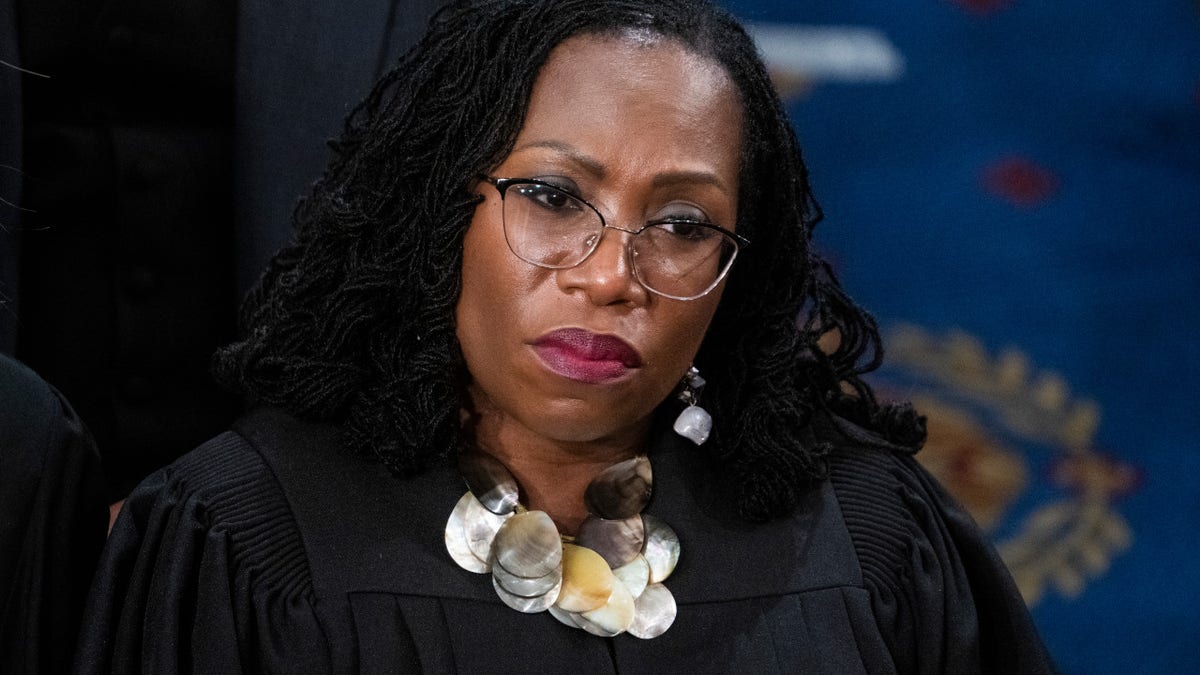
Emphasizing the Fourteenth Amendment's guarantee of equal protection under the law, Justice Thomas argued against using race as a sorting mechanism for citizens. He countered Justice Jackson's perspective, stating that it undermines the fundamental principle of equality and disregards the sacrifices made to achieve it.
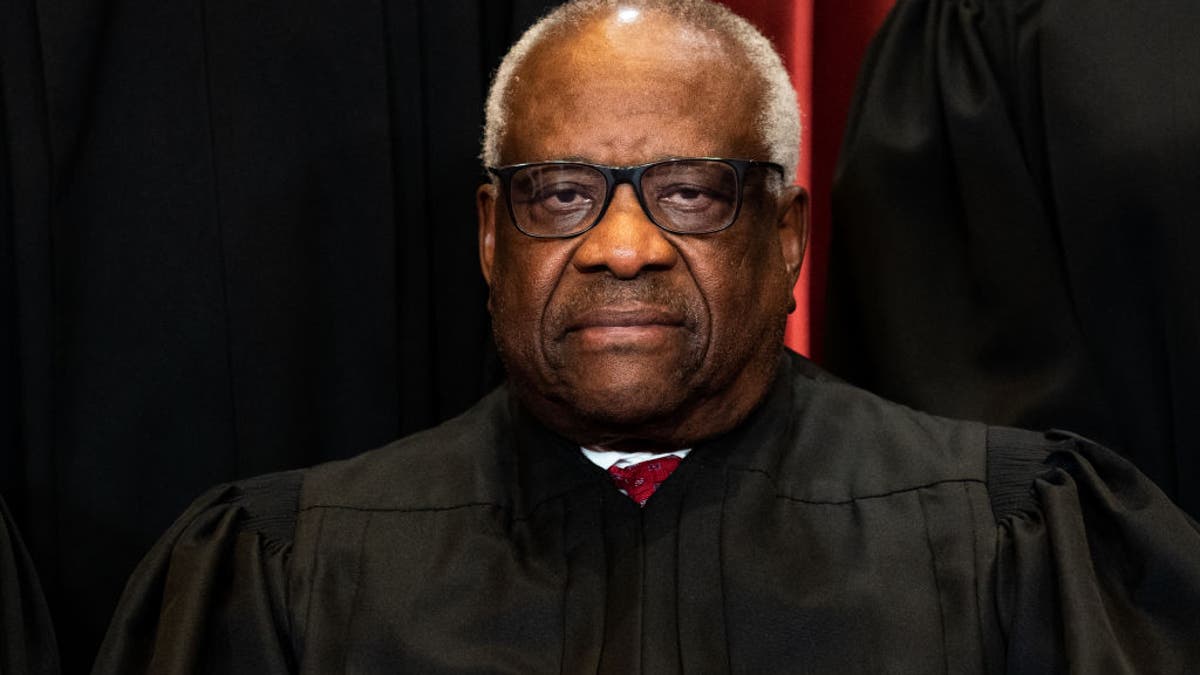
Drawing from his personal experience growing up in the segregated South, Justice Thomas rejected the notion that individuals are defined by their race. He stressed that disparities are not always rooted in race, not everyone is racist, and individual differences cannot solely be attributed to race. He criticized what he saw as Justice Jackson's tendency to categorize all Black individuals as victims, emphasizing the importance of recognizing individual achievements and choices. He warned against "racial determinism," a worldview that prioritizes skin color over personal agency.
Justice Thomas expressed hope that the nation would uphold the principles of equality enshrined in the Declaration of Independence and the Constitution, treating all citizens equally under the law. The Supreme Court's decision arose from lawsuits against Harvard University and the University of North Carolina, challenging their race-conscious admissions practices. The court ultimately ruled that using race as a factor in college admissions violates the Fourteenth Amendment's Equal Protection Clause.

